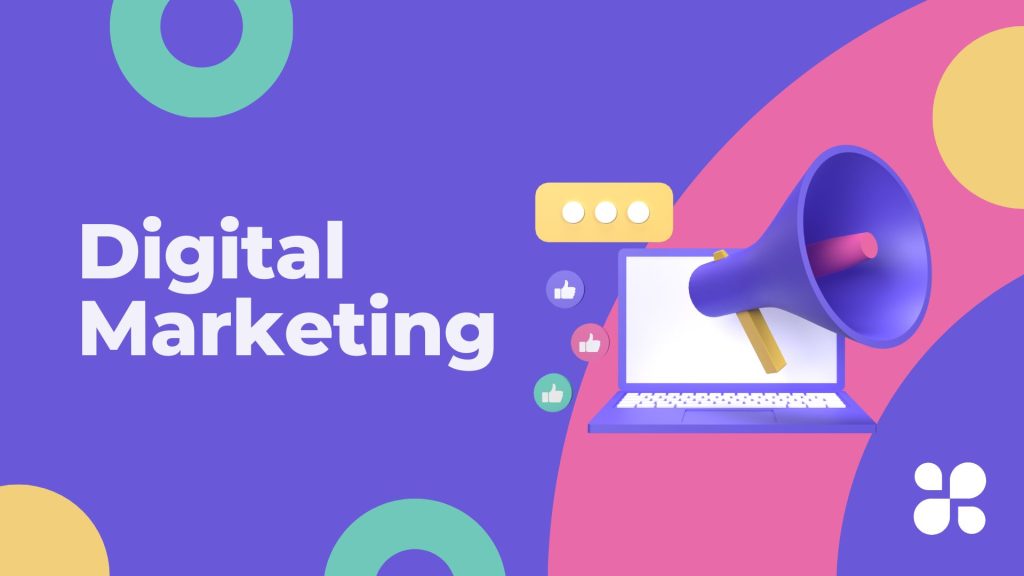From Clicks to Conversions

In today’s digital age, the success of any business hinges on its ability to effectively navigate the online landscape and convert clicks into customers. With a strategic approach to online marketing, businesses can target ads, leverage digital marketing channels, optimize SEO, engage in affiliate marketing, utilize social media platforms, develop marketing plans, collaborate with advertising agencies, and implement B2B marketing strategies to drive conversions and achieve sustainable growth. Let’s explore how each of these elements plays a vital role in the journey from click to conversion.
Targeted Ads: Targeted advertising allows businesses to reach specific audiences based on demographics, interests, and behaviors. By tailoring ad campaigns to resonate with their target market, businesses can increase click-through rates and conversion rates, ultimately maximizing their return on investment.
Digital Marketing: Digital marketing encompasses a wide range of online tactics, including search engine optimization (SEO), content marketing, email marketing, and more. By leveraging these digital channels effectively, businesses can increase their visibility, attract qualified leads, and guide them through the conversion funnel.
SEO: Search engine optimization is crucial for improving a website’s visibility in search engine results pages (SERPs). By optimizing website content, keywords, and meta tags, businesses can increase their organic traffic and attract highly relevant visitors who are more likely to convert.
Affiliate Marketing: Affiliate marketing involves partnering with influencers, bloggers, and other websites to promote products or services in exchange for a commission. By tapping into existing audiences and leveraging the trust and credibility of affiliates, businesses can drive targeted traffic and boost conversions.
Social Media Marketing: Social media platforms provide valuable opportunities for businesses to engage with their audience, build brand awareness, and drive conversions. By creating compelling content, running targeted ads, and fostering authentic relationships, businesses can leverage social media to drive traffic to their website and encourage conversions.
Marketing Plan: A well-defined marketing plan serves as a roadmap for achieving business goals and objectives. By outlining target audiences, messaging strategies, budget allocations, and key performance indicators (KPIs), businesses can align their online marketing efforts with overarching business objectives and maximize their chances of success.
Advertising Agency: Collaborating with an advertising agency can provide businesses with access to expertise, resources, and industry insights that can take their online marketing efforts to the next level. From creative campaign development to media buying and analytics, advertising agencies can help businesses optimize their online advertising strategies and drive conversions.
B2B Marketing: Business-to-business (B2B) marketing involves targeting other businesses as customers. By understanding the unique needs and pain points of B2B buyers, businesses can tailor their online marketing strategies to effectively reach and convert decision-makers within target organizations.
In conclusion, mastering the art of online marketing requires a comprehensive approach that encompasses targeted ads, digital marketing tactics, SEO strategies, affiliate partnerships, social media engagement, marketing planning, collaboration with advertising agencies, and targeted B2B marketing efforts. By strategically leveraging these elements, businesses can optimize their online presence, attract qualified leads, and ultimately convert clicks into customers.


